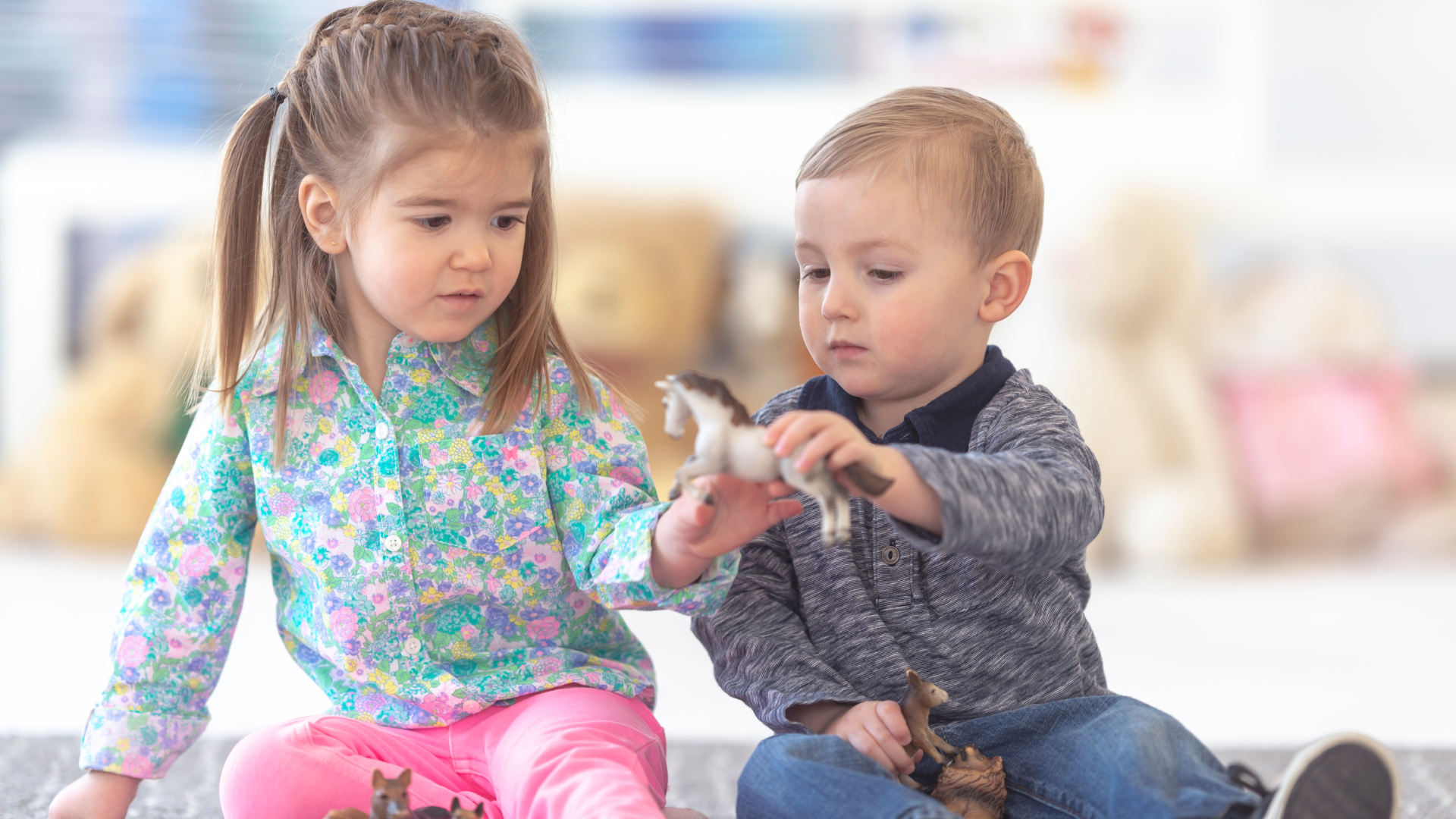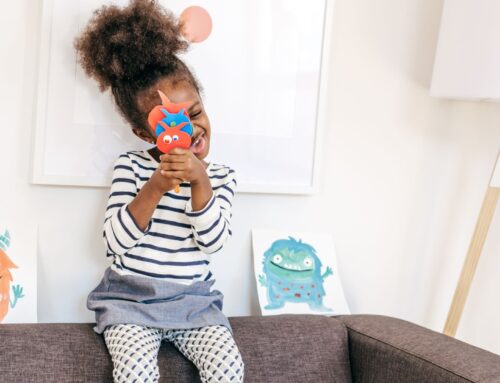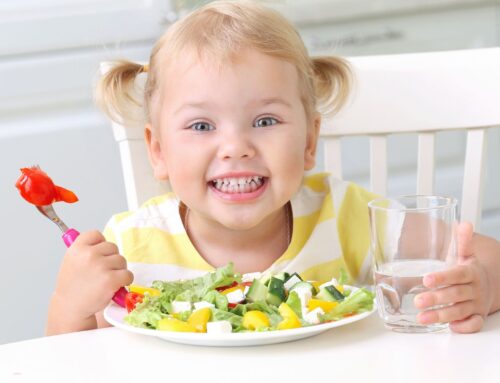By Emma Thomas
As a Kindergarten teacher and parent I have always been interested in following the latest research. We see new trends emerging in early childhood and reconsider our old ways of doing things. We share a deep desire for the best outcomes for our children and sometimes for this to happen we have to reconsider our actions and language as educators and parents.
We have always known that children are curious, they will get into things as soon as your back is turned and that children thrive with freedom! We used to think that plentiful praise promoted child development and reinforced good behaviour. However, more recently we have understood that an avalanche of praise is not always helpful.
So ‘good boy’ or ‘good girl’ – does it have a place in our families and centres? It’s not necessarily a ‘bad’ thing to say, it’s more the messaging behind it. And there are other options that are more effective and inclusive!
Effectiveness
Often, saying ‘good boy’ or ‘good girl’ is totally ineffective. We want children to develop a strong intrinsic motivation (the desire to do things well for themselves) rather than relying on external motivations like praise and rewards. Generic praise or praise for outcomes does not support the development of intrinsic motivation. As children hear ‘good boy’ or ‘good girl’ regularly and without any context, it will lose its meaning.
Inclusiveness
‘Good boy’ and ‘good girl’ can be quite exclusionary. Every child we come across has the right to be loved and cared for, no matter their identity, circumstances or behaviour. If someone is a ‘good girl’, does that make someone else a ‘bad girl’? For our young children these labels can be deeply hurtful.
So what can we say?
Focus on the process, not the product! This is a hugely important mantra in all areas of our children’s development. The making of art is more important than the finished product, a child getting themselves dressed is more important than matching clothes, messes and spills don’t matter if a child is learning to participate in cleaning and caring for their environment.
It is a wonderful thing to encourage children and I encourage you to be specific and focus on character attributes that you want to develop.
Here are some examples:
“Harriet, I can see you’ve put your shoes on. Thank you – we are ready to go to the park now!”
“Rhys, you’ve worked really hard to bring all of your things in from the car today. I love it when you help our family.”
“Theo, you got your t-shirt on by yourself! You must be so proud. You’ve been trying for a long time.”
And sometimes we don’t need to say anything at all! Our children are smart, they know when they’ve done something well and you will be able to see the pride in their faces. When we step back and let them have the time and space to work things out, their sense of accomplishment will drive their intrinsic motivation. And at the end of the day that is so much better than ‘good boy’ or ‘good girl’!









